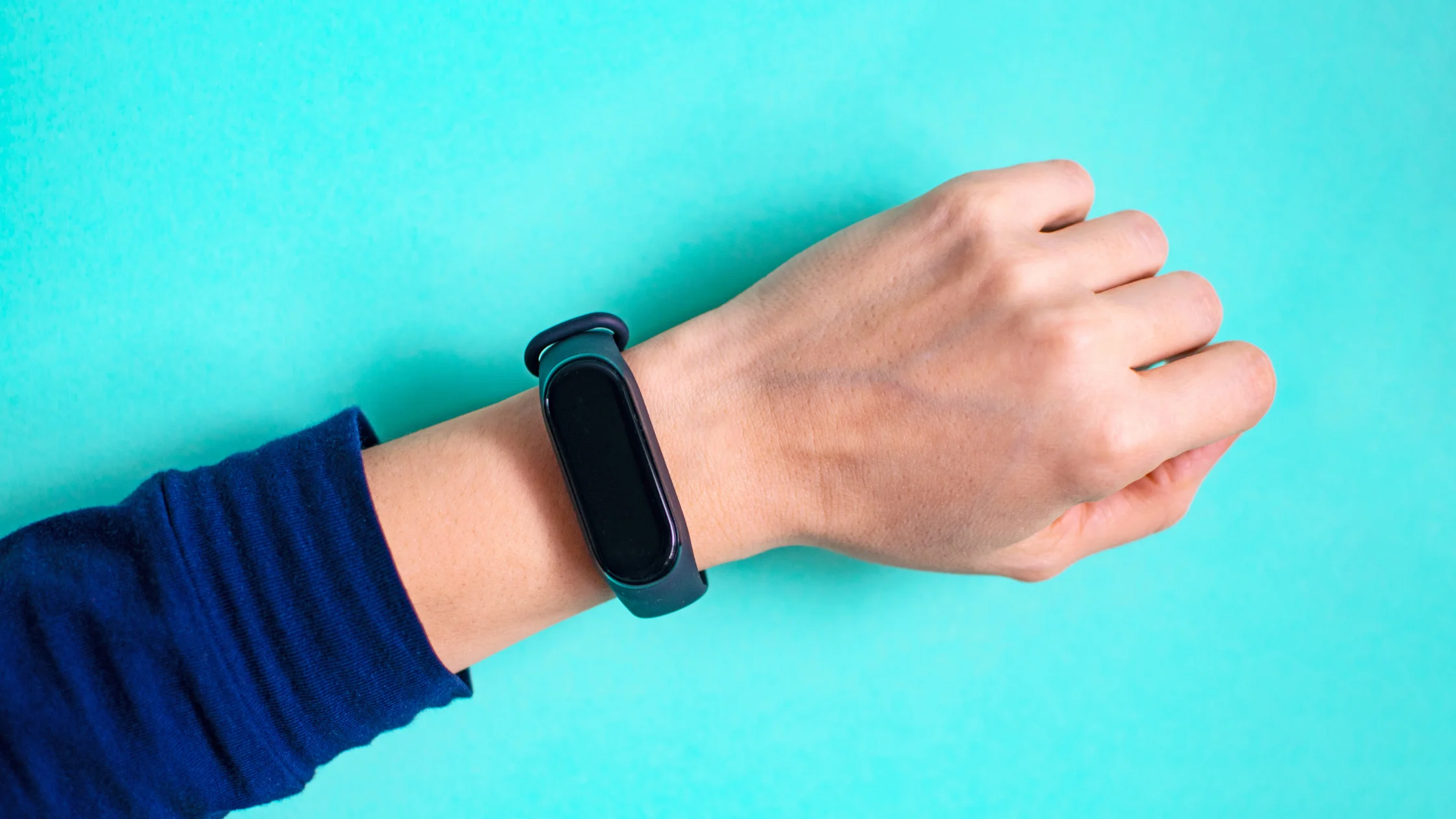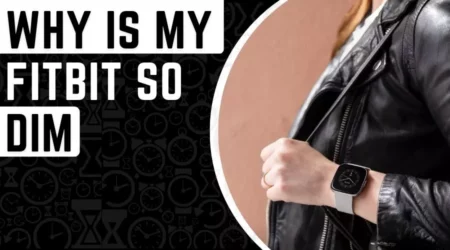Fitbit has become a popular choice for health-conscious individuals, offering a range of devices with various health-tracking features.
One important feature that has gained attention in recent years is fall detection. I’ll explore the question: “Does Fitbit have fall detection?”
Fitbit devices do not have built-in fall detection features. However, users can explore third-party apps and services to enhance their fall detection capabilities using the available health data from their Fitbit devices. Some other wearable devices, like Apple Watch and Samsung Galaxy Watch, do offer fall detection features.
Understanding Fall Detection Technology

Fall detection technology has become a crucial aspect of wearable devices, particularly for the elderly and those working in hazardous environments.
Automatic fall detection systems use sensors and algorithms to detect a fall, triggering an alert to emergency contacts or emergency services.
These devices can be lifesavers in critical situations, but they are not without their challenges, such as false alarms and battery life concerns.
Fitbit Devices and Features

Fitbit offers a variety of devices, including fitness trackers and smartwatches, each with its own set of features.
Some key features include activity tracking, sleep tracking, and smartphone integration. However, none of the current Fitbit devices have built-in fall detection features.
Fitbit and Fall Detection:
Current State of Affairs Despite the lack of fall detection features in current Fitbit devices, the company has shown interest in this technology.
Comparing Fitbit to other wearables like the Apple Watch and Samsung Galaxy Watch, which do offer fall detection, highlights a gap in Fitbit’s offerings.
The Apple Watch, for example, has had fall detection since the Series 4, while Samsung introduced the feature in its Galaxy Watch 3.
Potential Future Developments in Fitbit’s Fall Detection
With advancements in fall detection algorithms and increasing user demand, it is possible that Fitbit may introduce fall detection features in future devices.
Challenges to overcome include battery life, data privacy, and avoiding false alarms that could lead to unnecessary emergency alerts.
How to Enhance Fall Detection Capabilities with Fitbit

While Fitbit devices do not have built-in fall detection features, users can still utilize their Fitbits in conjunction with other fall detection systems.
By pairing Fitbit with third-party apps and services, it is possible to recognize potential falls using the available health data.
Additionally, Fitbit users can follow best practices for using their devices alongside dedicated fall detection systems.
Fitbit devices currently do not have fall-detection capabilities.
However, the growing demand for this feature and advances in fall detection technology suggest that Fitbit may consider adding it in the future.
Until then, Fitbit users can take advantage of third-party apps and services to enhance their fall detection capabilities.
FAQs: Fitbit and Fall Detection
Does Fitbit have fall detection or incident detection features?
As of now, Fitbit devices do not include built-in fall detection or incident detection features. However, users can explore third-party apps and services to enhance their fall detection capabilities using the available health data from their Fitbit devices.
How does fall detection technology work, and how do devices detect falls?
Fall detection technology uses sensors and algorithms to identify when a person has fallen. These systems can trigger an alert to emergency contacts or emergency services in case of a detected fall, potentially saving lives in critical situations.
Which wearable devices have fall detection features, such as the Apple Watch?
Some popular wearable devices with fall detection features include the Apple Watch (Series 4 and later), Samsung Galaxy Watch 3, and various Garmin watches. These devices can automatically detect falls and send alerts to emergency contacts or emergency services if needed.
What challenges do fall detection devices face, including battery life and false alarms?
Some challenges faced by fall detection devices include battery life concerns, data privacy, and the possibility of false alarms. Manufacturers must carefully balance these factors to provide a reliable and user-friendly experience.
Can Fitbit devices be used with other fall detection systems, such as medical alert systems?
While Fitbit devices do not have built-in fall detection features, users can pair their Fitbit with third-party apps and services to improve fall detection capabilities. By utilizing the health data provided by Fitbit devices, users can enhance their fall detection systems and medical alert systems.
Are there plans for Fitbit to introduce fall-detection features in future models?
There is no official announcement from Fitbit regarding the addition of fall detection features. However, with the growing demand for this feature and advancements in fall detection technology, it is possible that Fitbit may consider adding it to future devices, such as the Fitbit Sense or Fitbit Versa.
How do false alarms impact fall detection devices, and how does fall detection work to minimize them?
False alarms can be a concern for fall detection devices, as they can lead to unnecessary emergency alerts and create confusion for both the user and their emergency contacts. Manufacturers must carefully design their fall detection algorithms to minimize false alarms and maintain reliability.
How does battery life affect fall detection devices, and how do fitness trackers optimize it?
Battery life is a critical factor for wearable devices, especially those with fall detection features. Constant monitoring and alerts can drain the battery quickly, so manufacturers need to optimize battery life to ensure that devices remain functional and provide timely alerts during emergencies. Fitness trackers must balance multiple features, including fall detection, sleep tracking, and health monitoring, to optimize battery life.


![What Is Water Lock On Fitbit? [Guide 2024]](https://wearurtech.com/wp-content/uploads/2022/10/what-is-water-lock-on-fitbit-450x253.png)



